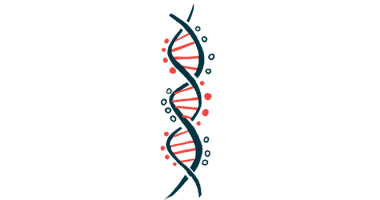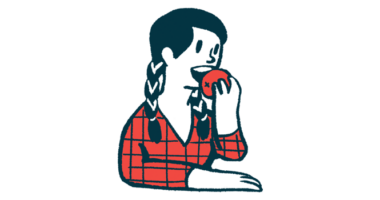Dosing Begins in Phase 1 Trial of INV-102, Potential PWS Therapy

The first healthy volunteers were dosed in a Phase 1 clinical trial evaluating Inversago Pharma‘s INV-102, a potential therapy for Prader-Willi syndrome (PWS) and other metabolic disorders.
According to a company press release, the trial, underway in Canada, started dosing following a “No Objection Letter” from Health Canada.
The study intends to evaluate the therapy’s safety, tolerability and pharmacokinetics — how it moves into, through, and out of the body.
INV-102 is a next-generation small molecule designed to bind to cannabinoid-1 (CB1) receptors located in the gastro-intestinal tract, liver, pancreas, fat tissues, muscles, lungs and other organs outside the brain and spinal cord. The investigational treatment works as an inverse agonist of the CB1 receptor, which means it binds to the receptor and causes an opposite reaction to the one seen with activator molecules.
INV-102 adds to INV-101 as a therapy targeting the CB1 receptors for metabolic disorders. Earlier this year, INV-101 was given rare pediatric disease designation by the U.S. Food and Drug Administration for the treatment of PWS. Given in single, increasing doses, this treatment’s safety, tolerability and pharmacokinetics profile was evaluated in a Phase 1 clinical trial (NCT04531150) in healthy volunteers.
“With two unique, next generation CB1 blockers having entered the clinic in less than a year, we are rapidly bolstering our knowledge of this new class of drugs, which we believe may provide new treatment options for patients affected by a range of metabolic conditions,” said François Ravenelle, PhD, CEO of Inversago.
Glenn Crater, MD, chief medical officer of Inversago, said “Having demonstrated pharmacological characteristics that exceeded our expectations during IND [investigational new drug]-enabling preclinical studies, we’re excited to launch a second peripherally-acting CB1 blocker into the clinic with INV-202.” Notably, IND-enabling studies are intended to support a regulatory application to obtain permission to start clinical trials.
Previous research has shown that PWS patients have higher-than-normal levels of a molecule called 2-arachidonoylglycerol that activates CB1.
In a mouse model of the disease, blocking CB1 receptors lessened several hallmarks of the disease. The approach led to a reduction in body weight, reversed hyperphagia (excessive eating), and improved obesity-related metabolic parameters.
Besides PWS, INV-102 also may become a treatment for other metabolic disorders, including non-alcoholic steatohepatitis, type 1 diabetes, diabetic nephropathy (a common complication of diabetes that affects the kidneys), and chronic kidney diseases.







